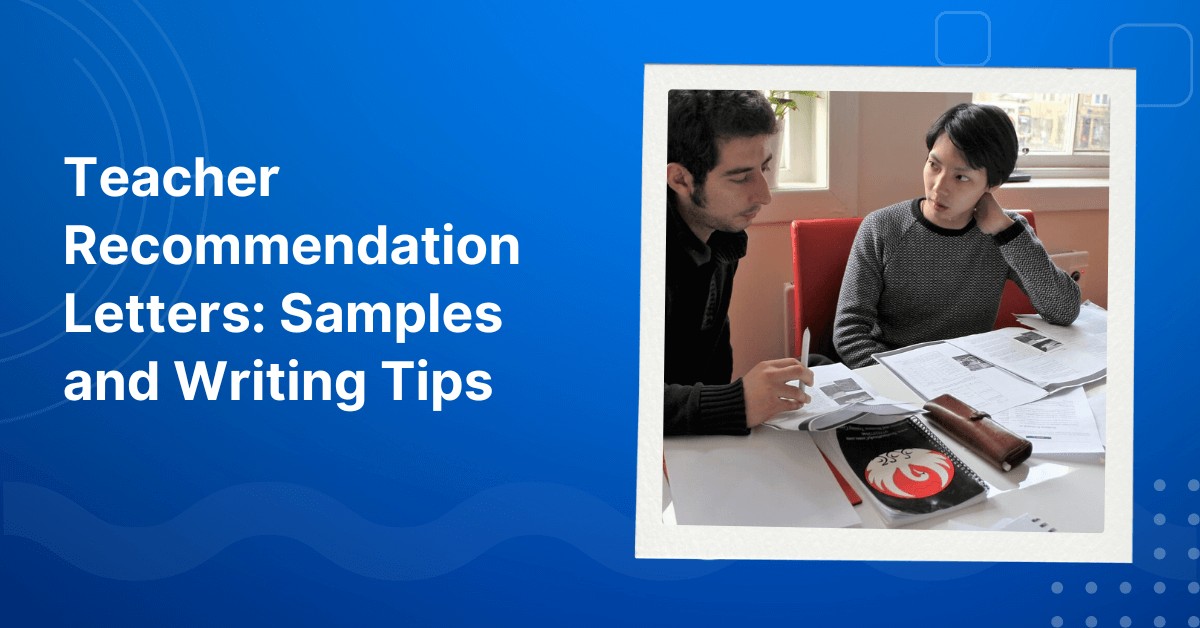In the next section of the series “The different facets of teaching English as a foreign language”, we will be exploring the key aspects of teaching young learners, very young learners, teenagers and adults.
If you are at the beginning of your TEFL career, it is suggested that you experiment with different age ranges to try and see which suits you most, as all have different skills and needs and you may feel that you are naturally more inclined to teach one specific age range.
However, if you don’t have this option and would like to know what the main differences are, then this article is for you.
To define these different age ranges, as a general guide:
- Very young learners – prior to 6 years old
- Young learners – 6 – 12 years old
- Teenagers – 13 – 19 years old
- Adults – 20 years plus
Very young learners
This is a part of TEFL teaching that is developing, with parents (particularly in South East Asia) becoming increasingly interested in their child learning English from the earliest age possible. As a result, we will look at the baby groups and the very young learners as separate entities.
Baby TEFL groups
The current trend of it never being too early to start learning has produced a lot of baby English groups, in which parents join the class and English is introduced predominantly through songs and rhymes. The advantage of teaching English as a foreign language to this age range is that there are also parents in the room, which means that you do not have any discipline issues and you do not have to deal with any logistics of getting the babies organised.
On the other hand, having parents in the class means that there is more adult criticism and adult level expectations, so there is a need to make sure that your class is well prepared and you are confident with what you are doing.
With a baby TEFL class, you need a lot of energy – babies don’t have five-minute brain breaks but instead need constant stimulation otherwise they will become distracted- so although you may be able to make a higher income with these classes, you will find it hard to go directly from one class to the next.
- Advantages
Higher pay rate
Lack of logistical and discipline issues
- Disadvantages
A lot of preparation is needed
Uses up a lot of energy
Although requiring a lot of energy, baby classes can be very rewarding
Teaching English as a foreign language to very young learners
Young children have a lot of energy and thus teachers of this age range need to be continuously stimulating and exciting the students so that they are engaged.
Logistical issues are a common difficulty with this age range since students often forget what they are supposed to be doing and are more interested in doing what they want to do rather than listening to the teacher.
Since students at this age are at the beginning stages of reading and writing, you need to be knowledgeable about the pedagogical basics – for example, how to hold and pencil and the exact way letters are formed, phonics ( the sounds of the letters and how these sounds combine to form words ) etc.
Perhaps the best thing about teaching English as a foreign language to young learners is the fact that no matter what you do the students love it! They do not notice that you are singing out of tune or that your pictures are distorted and don’t question the reasoning behind why they have asked to do something.
As with the baby classes, a lot of energy is needed to teach young learners as there is a consistent need for attention, guidance and reassurance so you need to offshoot the additional pay for younger learners against the number of hours that you can keep up the fast pace.
- Advantages
Young learners have a lot of enthusiasm
Young learners love all that you do
- Disadvantages
Young children can be tired if classes are after school / at the weekend
Logistics of getting the students sorted can be problematic
Very young learners need a lot of stimulation in order to gain and maintain interest
Teaching English as a foreign language to young learners
The most important thing to remember about young learners is that unless the class is at school, then they attending your class after an exhausting day at school or after a hard week of lessons.
Young children get tired easily
Although young learners are grouped together, in fact, there are a lot of differences between the age group 6 – 9 and the 9 – 12-year-olds so we will be exploring the different aspects separately.
Young learners 6 – 9 years old
These learners have a lot of enthusiasm and are similar to the very young learners in that they are not critical of mistakes. As a result, even if you go wrong in class or get lost and confused, they are easily distracted and will never notice.
This age range loves songs and games – they enjoy being active and unlike the very young learners who struggle with organising themselves to play team games, they are capable of understanding the logistics of games.
As this age group, students have grasped the basics of reading and writing, so rather than focussing on basic aspects such as holding pencils etc., you are able to use the time to direct their learning.
Although with the very young learners, it is predominantly a matter of logistics, which makes classroom management difficult, with this age range discipline issues often start to creep in. As a result, you need to focus on developing a specific discipline strategy so that there is enough organisation in the class for you to be able to effectively teach.
- Advantages
Students are enthusiastic
Students are able to sort themselves out to a certain level
- Disadvantages
Students are still very active so need frequent brain breaks and games
Discipline issues begin
Young learners – 9 – 12 years old
At this age, students really start to show their personalities and start to question things a lot more.
As a result, this is the age group when discipline really becomes an issue and you need to make sure that you are not only organised but have a very specific procedure to deal with any discipline issues.
Students at this age also start to say “ no “ – something the younger students typically don’t do and if they feel that something is wrong or boring then they are not afraid to tell you. As a result, teachers of this age bracket need to be receptive to the needs of the students and be very perceptive as to what is working well and what needs to be altered.
On the other hand, since many of the students of this age bracket have been learning English for many years, there is often a reasonable level of English so you are able to have proper conversations and be able to verbally interact with the students much more.
Advantages
Students often have a good grasp of English so there is more verbal interaction
Students are capable of organising themselves
Disadvantages
Students begin to become critical
There is a need for strategic discipline strategies
Students at this age are able to follow directions and organize themselves
Teaching English as a foreign language to teenagers (13 to 19 years old)
We have all heard the phrase “terrible teenagers “and this is simply because this age range includes students who are starting to feel their feet. As they progress from children to adults, there is a need for them to find their own identity and one way of doing this is to question authority.
As a result, if you are teaching English as a foreign language to teenagers, then discipline is the first part of your lesson plan. In addition to questioning and talking back, this age range can often be harder to motivate, with many students lacking the careful interest and enthusiasm of the younger age ranges.
However, if you are able to discipline well and can communicate with teenagers on their level, then this age range offers a lot of positives. They are often very vocal and if you can introduce things in an interesting way, then you are able to get a lot of feedback and their English can improve dramatically.
Advantages
Teenagers often have an opinion on everything – so interactions are interesting and you can get the class moving forwards with a lot of pace
Many teenagers will have a good level of English
Disadvantages
Discipline is a common issue as well as a lack of motivation
A well thought out and structured discipline strategy is needed for this age range
Teaching English as a foreign language to adults
Teaching English as a foreign language to adults can often be overwhelming – especially if you are a young, recently qualified TEFL teacher. This is usually not due to anything that the adults are actually doing, but more your emotions at feeling that you are telling someone who is older and more experienced and thus feel more apprehensive.
Perhaps the best part about adult learners is that as a general rule they are very self-motivated. Unless they have been forced to attend a TEFL class as part of a work program, most adults are spending their own time and money to attend and are thus eager to work as hard to possible to justify the costs.
On the other hand, this also leads to higher expectations. With children who are only giving up their time but not their money, there is only an expectation in relation to how useful it is to them at that time and whether that time would be better spent watching television. For adults, however, there is a need to get value for money and if they feel that the teacher is not teaching well enough or putting in an adequate amount of preparation time, then as a paying customer they feel they can complain.
- Advantages
Generally highly motivated
Eager to learn and can engage at a higher level of thinking
Do not have to be “entertained “as with the younger age groups
- Disadvantages
Adults are aware of how much they are paying and need value for money
Whichever age range you decide upon, learn from others – visit other people’s classes and observe to pick up tips and new ideas. With education there is no endpoint that you can ever achieve – instead, for the teachers as with the students, there is continual growth.
The next article in this series will explore ESP – teaching English in Vietnam: teaching English for Special Purposes and the many different specialisms that you can work with.









